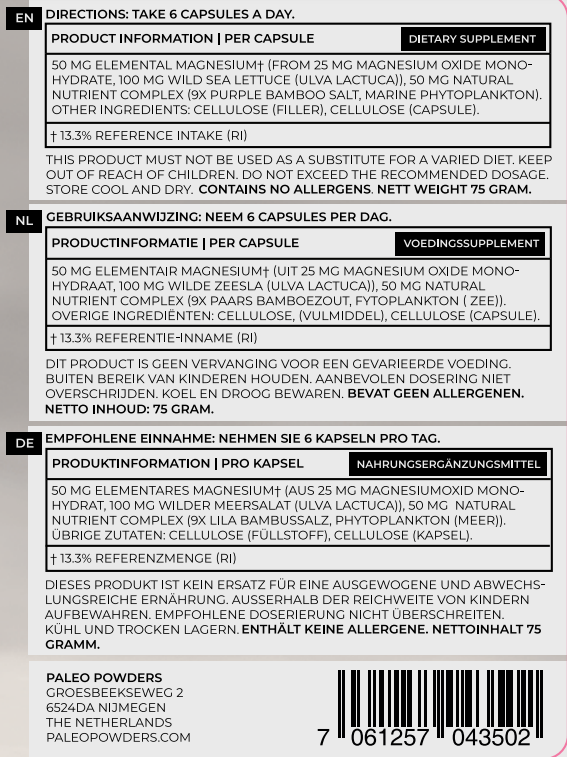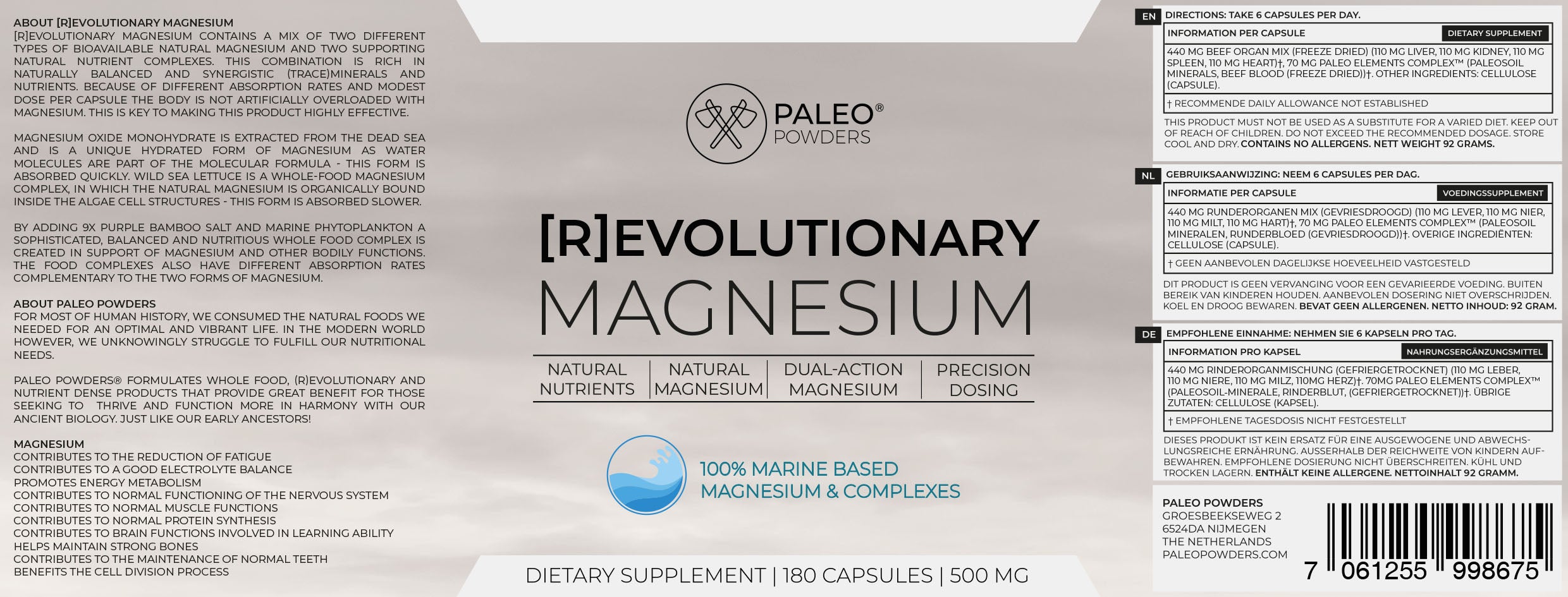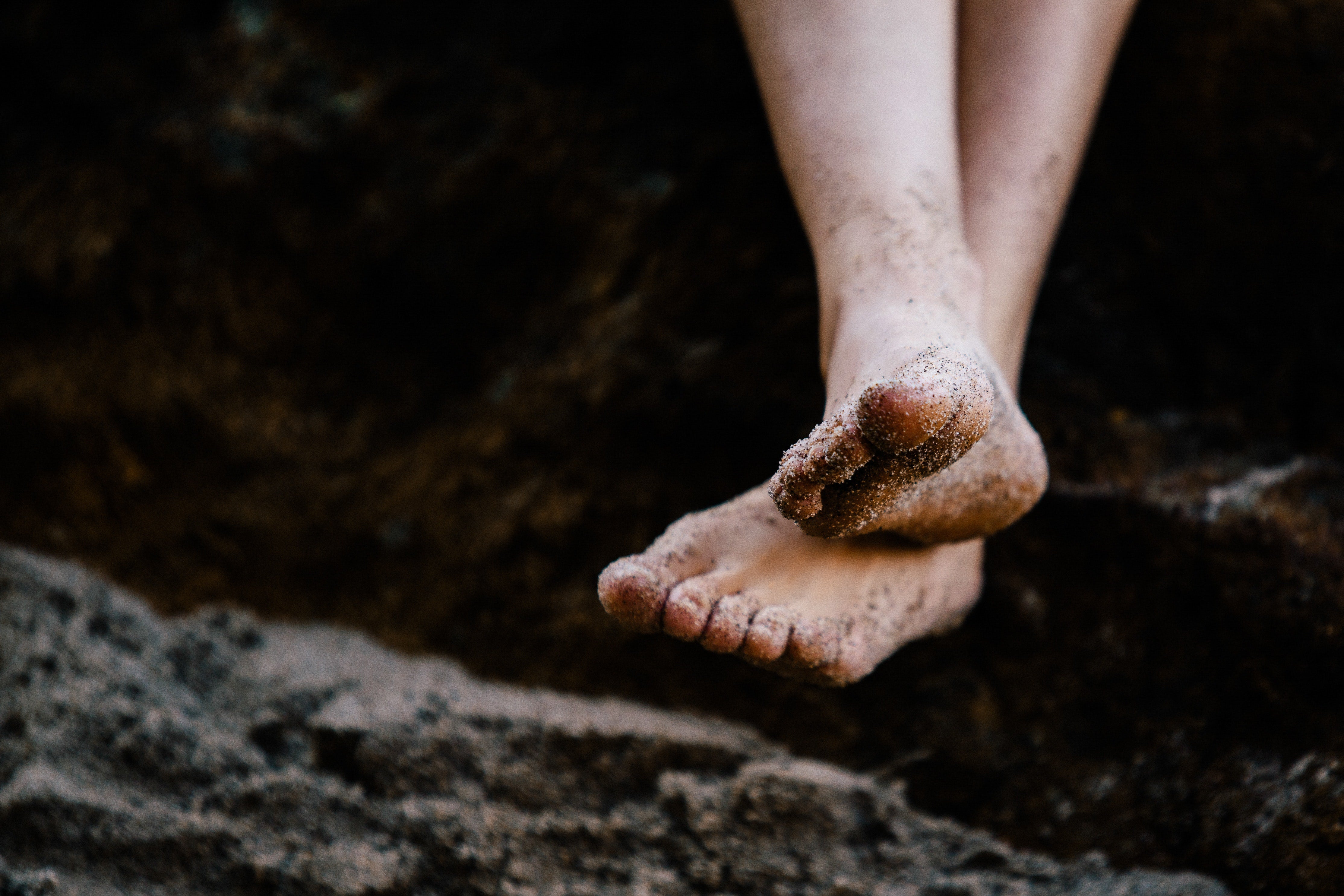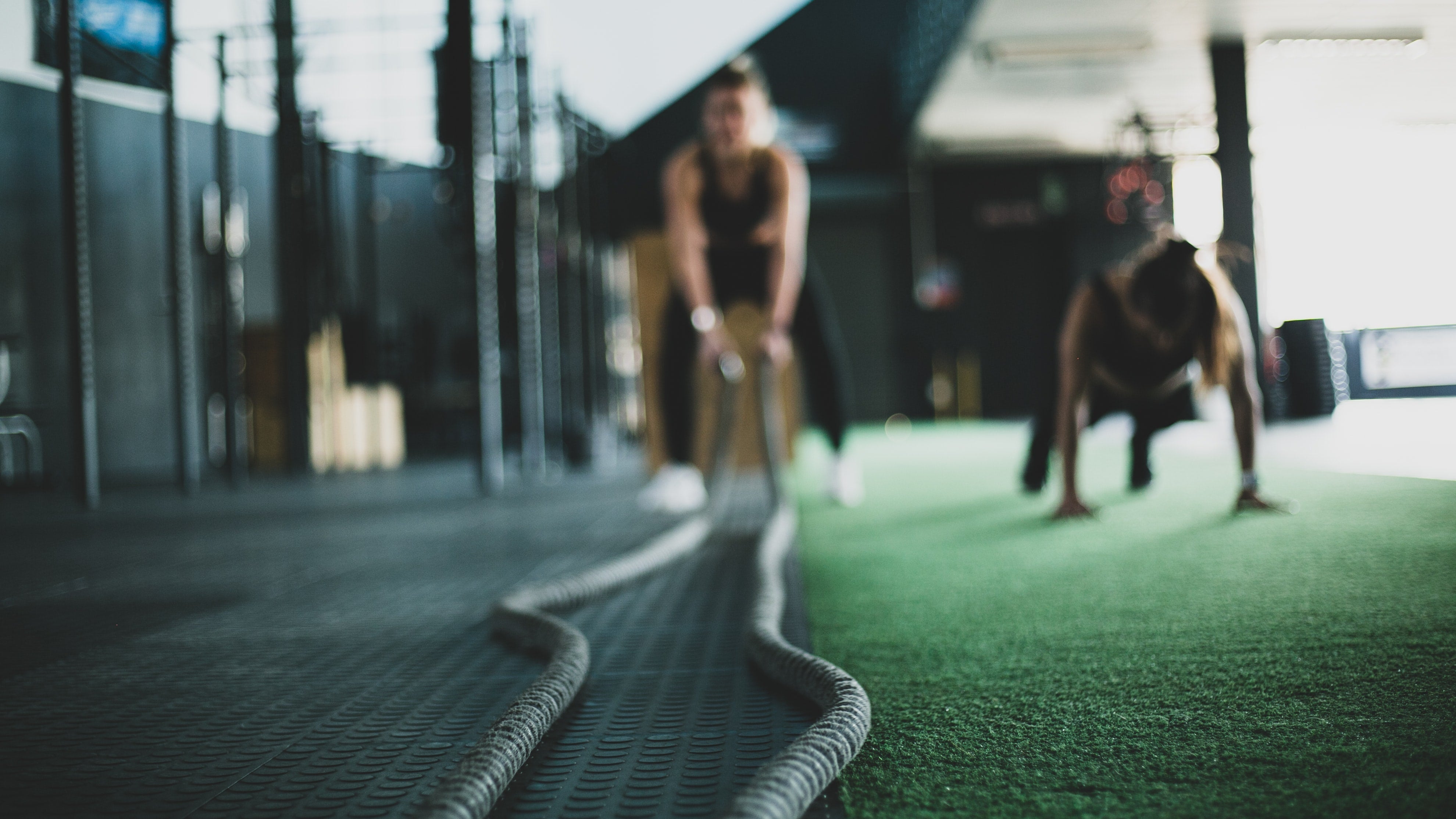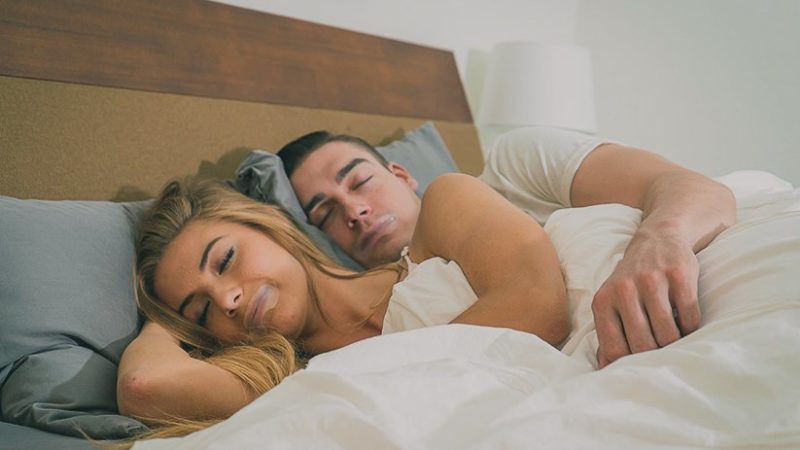
What is mouth taping?
A good night's sleep is essential for optimal health, yet many people struggle with insufficient sleep. If you've tried the usual tips for improving sleep and they haven't worked, it might be time to consider some unconventional methods.
The technique of mouth taping, also known as the Buteyko technique, is a breathing exercise developed in the 1950s by the Russian physician Dr. Konstantin Buteyko. The technique is based on the principle that nasal breathing is important for optimal health and involves placing a piece of tape over the mouth at night to stimulate nasal breathing.
According to proponents of the Buteyko method, nasal breathing helps regulate the body's carbon dioxide levels, which can have a number of benefits for respiratory health and overall well-being. The mouth taping technique is often recommended as a way to improve sleep quality, reduce snoring, and improve dental health. The Buteyko Breathing Method was made more popular by author and researcher Patrick McKeown
According to McKeown, the simple act of taping your mouth at night can help improve sleep quality, reduce snoring and improve dental health. He also recommends avoiding certain sleeping positions to reduce sleep apnea and snoring, and suggests a quick and easy technique to unclog the nose for those who go to bed congested.
One of the key principles of the Buteyko breathing method is the importance of nasal breathing for sleep. Although it seems obvious, many people overlook the role that nasal breathing plays in sleep quality.
If you suffer from fatigue, insomnia, snoring or sleep apnea, the following tips can help improve your sleep:
1. Try the Buteyko Mouth Taping Technique: This simple technique involves placing a piece of tape over the mouth at night to stimulate nasal breathing. According to McKeown, this can help improve sleep quality and reduce snoring.
2. Avoid certain sleeping positions: Some positions, such as sleeping on your back, can increase the risk of sleep apnea and snoring. Instead, try sleeping on your side or in a lying position.
3. Clear your nose: If you go to bed constipated, it can be difficult to breathe through your nose. Try the Buteyko Nasal Unblocking Technique to unblock the nose. This involves gently massaging the area around the nostrils to stimulate nasal breathing.
So, incorporating these tips into your bedtime routine can help you get better sleep. Remember, good sleep is essential for optimal health!
In addition, it may help to apply the following tips;
1. Practice controlled breathing for 15 minutes before bedtime: To do this, place one hand on your chest and one hand on your stomach and gently slow your breathing to create a slight need for air. Continue this exercise for about 15 minutes, which can help improve sleep-related breathing problems and help you relax while sleeping.
2. Avoid eating large meals or drinking alcohol close to bedtime: both can disrupt sleep quality and cause you to wake up during the night.
3. Focus on nose breathing while sleeping: It is crucial to breathe through your nose while sleeping to keep your mouth moist and prevent gum disease and tooth cavities.







